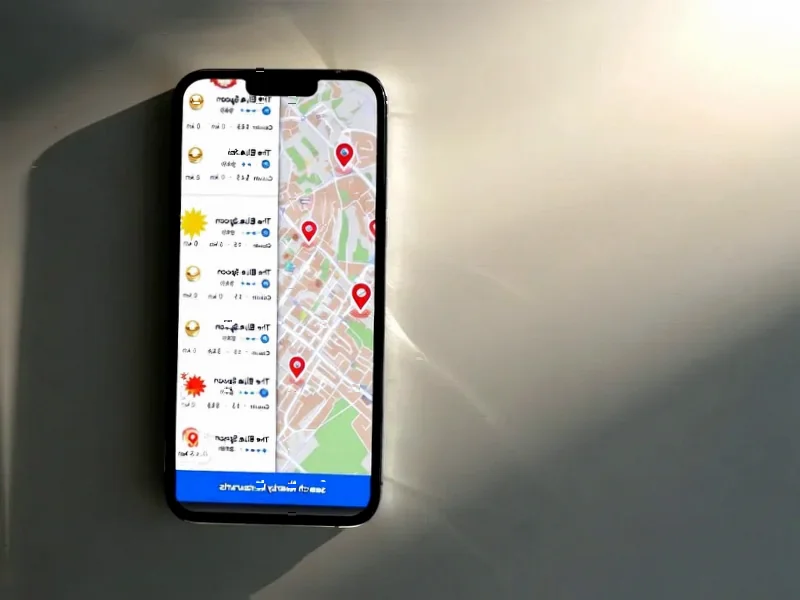According to MacRumors, Apple is introducing new developer tools to comply with Texas’ App Store Accountability Act that takes effect on January 1, 2026. Starting that date, Texas Apple users will need to confirm whether they’re 18 or older when creating accounts, and parents must provide consent for their children’s App Store downloads and in-app transactions. Apple will share user age ranges with developers through new APIs in iOS 26.2, with categories including under 13, 13-15, 16-17, and over 18. Developers will need systems for notifying parents about significant app changes and allowing parents to revoke child access at any time. Sandbox testing for these new compliance tools is available now, giving developers over a year to prepare.
What This Means for Developers
Here’s the thing – this isn’t just another minor API update. Texas is essentially forcing Apple and developers to build parental consent infrastructure that could become a national template. The developer documentation shows Apple’s trying to make compliance as frictionless as possible, but there’s real work here. Developers now have to determine what constitutes a “significant change” in their apps that would trigger new consent requirements. Changing age ratings is one example Apple gives, but what about major feature updates? New subscription tiers? Basically, anything that meaningfully alters the app experience could require going back to parents for approval.
<h2 id="privacy-tradeoffs”>The Privacy Tradeoffs
And there’s an interesting privacy angle here. Apple’s Declared Age Range API gives developers age categories rather than specific ages, which is smart from a privacy perspective. But it also provides a “signal about the method of age assurance” – meaning developers might know if you verified with a credit card versus government ID. That’s more data sharing than Apple typically allows. So we’re seeing Apple make some privacy compromises to meet legal requirements. The question is whether other states will follow Texas’ lead and create a patchwork of different age verification rules.
Potential Market Shifts
Look, this could seriously impact certain app categories. Games targeting teens? Educational apps? Social platforms? They’re about to face new friction that could hurt user acquisition and retention. Parents getting notifications about “significant changes” might actually pay attention and say no. The ability for parents to instantly revoke consent and block app launches gives them way more control than before. Meanwhile, developers now have another compliance cost to factor in. Smaller indie developers might struggle with implementing these consent flows while bigger companies will just absorb it as business as usual. It’s another example of regulation creating barriers that favor established players.
The Bigger Picture
This Texas law represents the continuing erosion of Apple’s complete control over the App Store experience. We’ve seen similar pushes in Europe with the Digital Markets Act, and now states are getting in on the action. Apple’s having to build systems that work within specific legal frameworks rather than their own walled garden. The interesting part will be watching whether these Texas-specific features become national defaults. Once the infrastructure exists, why wouldn’t Apple offer similar parental controls everywhere? This might just be the beginning of a much broader shift in how app stores handle minor accounts across the country.




